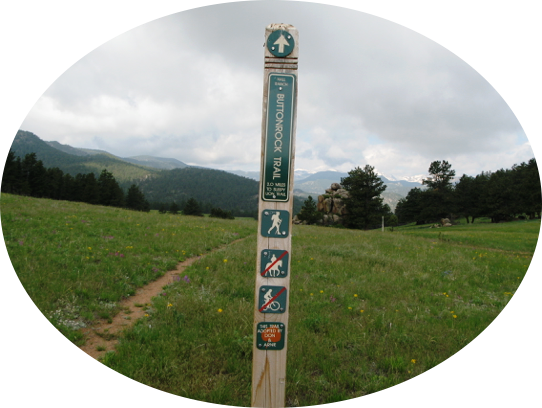What is community good for anyway? Turns out memory
At the beginning of the new year I made a resolution to write a blog post a week. I wanted to get into the habit of writing to think more deeply about some of the ideas and topics most relevant to my work and life. And I thought holding myself accountable to producing a post would give me a few things: time to reflect, a reason to be creative and the exercise and practice of writing.
But a death in the family and an international trip checked that plan a bit. It wasn’t the jet-lagged that prevented me from writing, it was the feeling that the words and ideas didn’t fit the moment. That what ever I was mulling on didn’t really hold up against the significance of loss. I had been thinking about exploring and writing on an activity that encourages you to imagine the future but the present has required my full attention and energy.
And in this presence this is what I was reminded of…community and its vitalness to our well-being and how it can if we’re lucky be a witness that we were here. That was especially driven home by the gathering of my father-in-law’s community to say good-bye.
Community also provides an opportunity to reinforce a learning or experience. This article from CNN delves into how meeting with friends give us a chance to relive moments and create memories.
After that Saturday movie, let's say you met a friend for lunch on Sunday. That Sunday social event would give you the opportunity to discuss your thoughts and reactions to the movie, as well as any context from your week leading up to it. That repetition of the information is important in helping your brain solidify those events, Javadi said.
And I think this is why community: book clubs, cycling clubs, voice of the customer community, are so important to our well-being and influence what we learn and remember. And it is especially true how starved we are for that in-person camaraderie. Folks want to gather because they want to connect with folks with similar interests and challenges but also to share what they’re experiencing, and learning. It provides an opportunity to test out our thinking, how we talk about our experiences—a chance to give air to our thoughts and convictions and get feedback. And feedback is not just hearing how others respond, it also means that you have been acknowledged, your input is worthy of reflection and response.
And finally that is why I thought writing about the importance of community, and how it is a reflection of our aspirations, interests and love.

